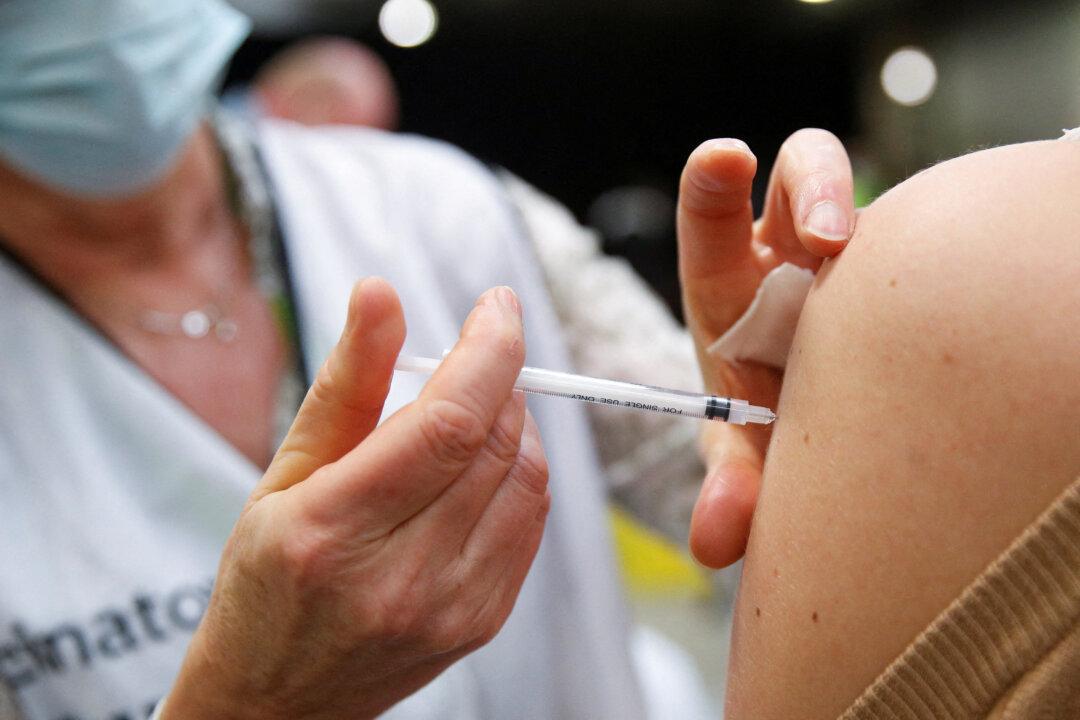An analysis of Vaccine Adverse Event Reporting System (VAERS) data indicates that the COVID-19 vaccines are “significantly” more deadly than the flu vaccine, according to Sen. Ron Johnson (R-Wis.).
The review was conducted by the senator’s staff and involved a certain level of assumption given that no publicly available data exist regarding how many flu vaccine doses were administered in the United States over the past 10 years.





